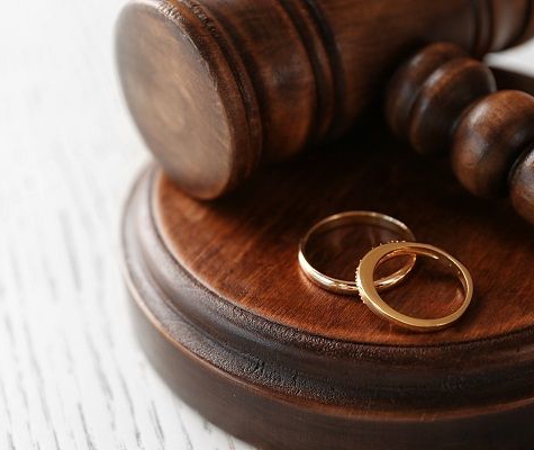Understanding the Basics of Uncontested Divorce

Typically when people think of divorce, they often think of a long, drawn out, expensive process lasting months or years. Luckily, not every divorce has to be this way. In fact, the vast majority of cases settle well before a final hearing is even scheduled, saving the spouses money and time. In some cases, the parties have settled their differences even before the papers are even filed. In such a case, the parties may be able to seek what is called an uncontested divorce.
An uncontested divorce means that the parties have managed to come to an agreement on every issue in their divorce. This means everything from asset division to child custody to tax return division must be settled. If the parties are still in disagreement over any issue at all, then it will be a contested divorce and the parties cannot go through an uncontested process. Moreover, the parties both must have resided in New Jersey for at least a year. Note that if the divorce is being sought on the ground of separation, the parties will have additional time requirements to prove, namely that they have been separated for at least eighteen months. However, most cases in the State of New Jersey are based upon “irreconcilable differences” which only requires that the parties experienced marital discord for at least six months prior to filing the Complaint and that there is no reasonable prospect of reconciliation.
An uncontested divorce starts like any other divorce; one party must file a complaint for divorce and have the other spouse served. Service can happen through a private process server to speed the case along, or in some cases the spouse being served can sign an “acknowledgment of service” which allows the defendant to receive the papers in an informal manner and speed up the process. The acknowledgement of service does not waive any rights, it merely states that the defendant agrees that he or she was served with the complaint for divorce. Thirty-five days after the defendant is served, the plaintiff may request a default judgment, and must serve a copy of the request on the defendant. Twenty days later, the court will have a default hearing. At that hearing, the plaintiff must appear and present the property settlement agreement that has been signed by the parties. While the defendant does not have to appear, it is advisable for him or her to do so to make sure that he or she is protected and the divorce is properly entered. As an alternative, so long as there is cooperation between both spouses, we ask the defendant spouse to sign a consent form to enter a Judgment of Divorce so that the parties do not have to wait for a default. This usually allows us to expedite the divorce.
in helping our clients with uncontested divorces. Call us today at (732) 529-6937 for an appointment to talk about your divorce.



